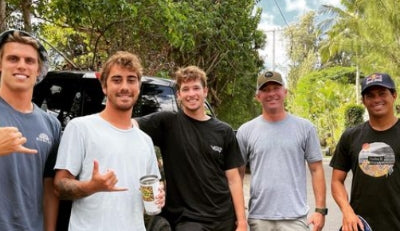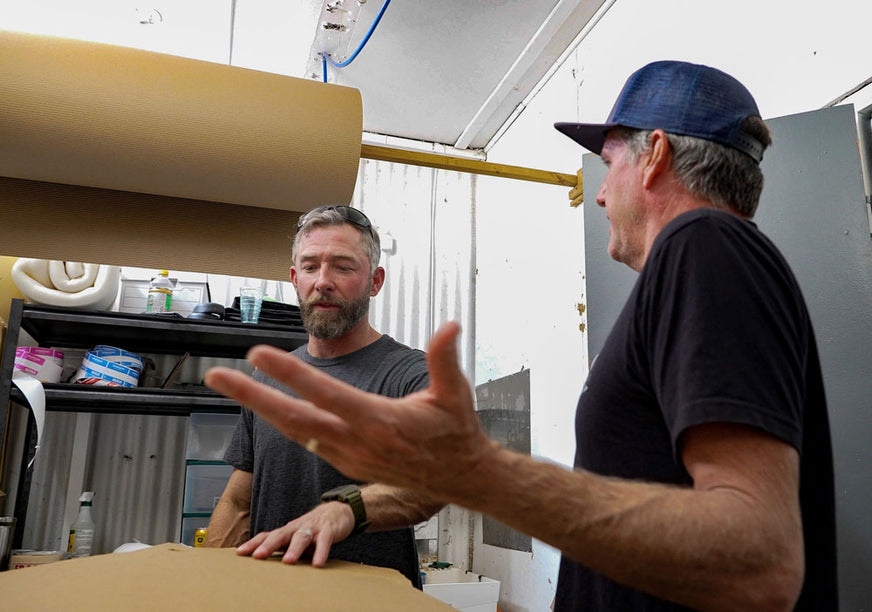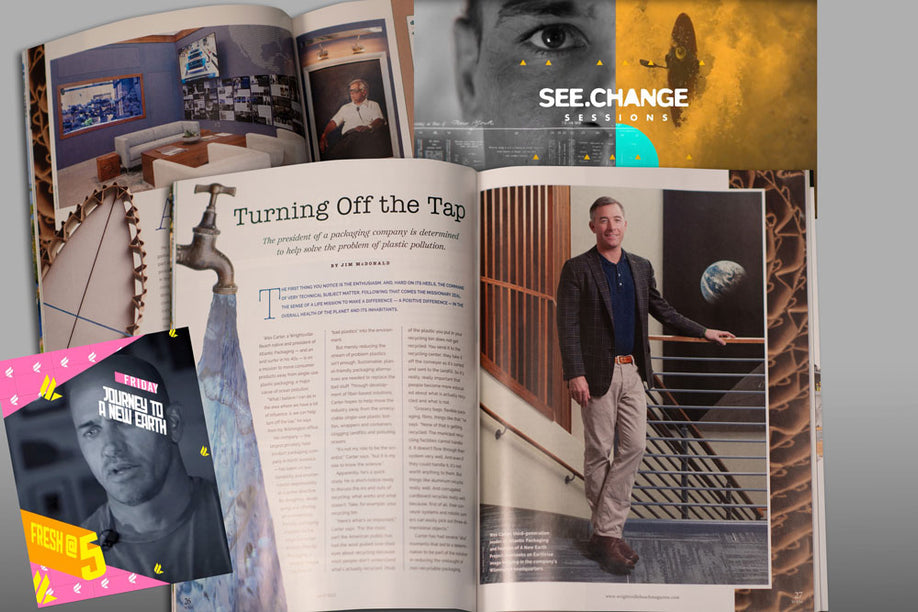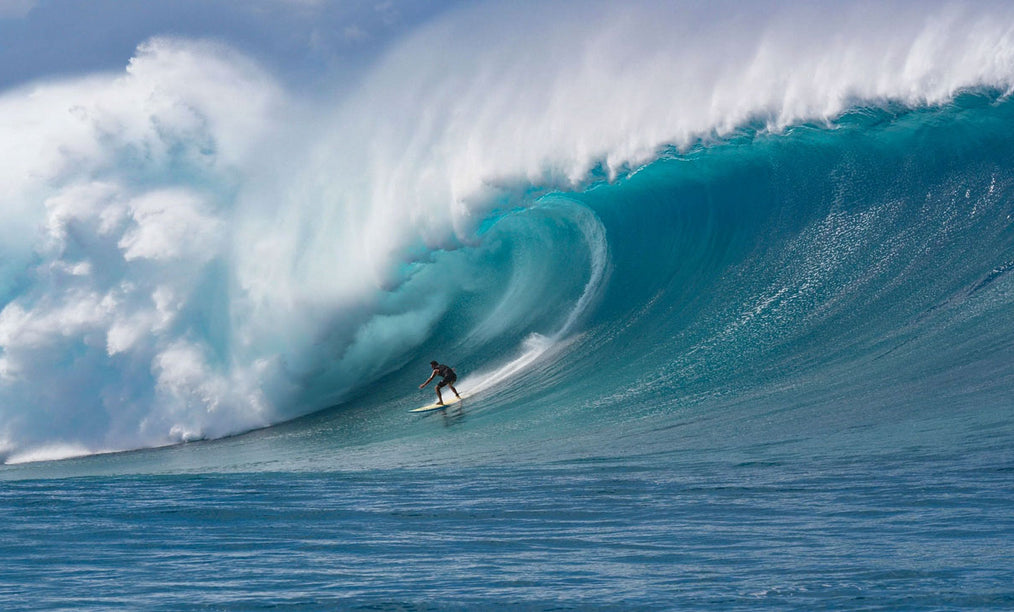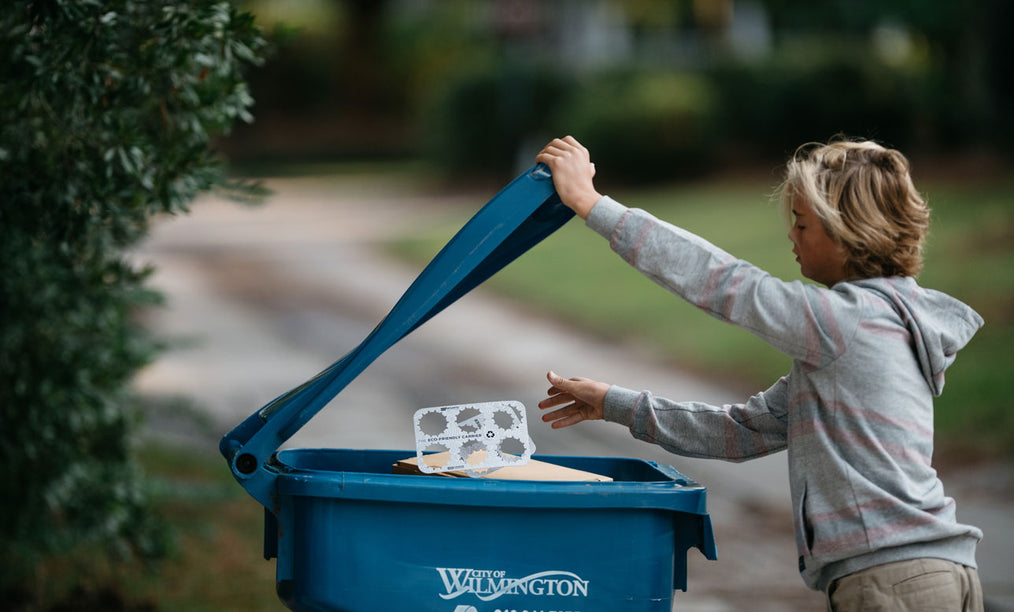One of the most profound lessons we learned during the global pandemic was just how quickly nature can rebound ... if we let it.
From Beijing to Baltimore, Los Angeles to London, and Seoul to Sao Paulo, as humanity hit the pause button back in the spring of 2020 Mother Nature responded by clearing the skies of visible toxins. Major metropolises sparkled, and the sound of birds chirping replaced horns blaring. Indeed, the absence of noise and air pollution was so vast and miraculous that within two weeks of self-imposed stillness many bird and animal species began to reclaim cities they'd abandoned long ago. It was a reboot on a global scale.

Meanwhile, we humans were busy remapping our own internal visions of the world. In unison, we all learned the same lesson: when your house catches fire what actually matters becomes clear.
For many, the weighty threat to our existence illuminated a sad fact: we too had been displaced by man's misguided priorities. Overnight, we were all examining our pre-pandemic value systems.
Globally, this navel-gazing happened on a scale never before seen. In fact, if you're reading this there's a good chance your views on work, family, friends, vacation, education, and information have all been seriously updated over the past two years.
These shifts altered our views of the world and our plans for how to interact with it going forward.
One lesson that caught on worldwide was that spending an hour in nature does wonders for the soul. This explosion of outdoor activity during the pandemic was a huge silver lining for many.
However, it wasn't long before we realized we might be loving our outdoors to death. Record outdoor crowds were also creating record levels of waste. Pollution problems were horrendous even before the pandemic's surge in outdoor activities. And nature, as we know, has its limits. The onslaught of plastic pollution is one of this planet's biggest ecological threats.
According to the OECD (Organization for Economic Cooperation and Development), plastic consumption has quadrupled over the past 30 years. Global production has doubled over the last decade alone, reaching 460 million tonnes (Mt), and accounting for 3.4% of global greenhouse gas emissions.

Globally, 22% of waste created is mismanaged, and escapes into nature. A good portion of that is single-use plastics. Even before the pandemic, 6.1 (Mt) of plastic waste leaked into aquatic environments, and 1.7 Mt flowed into oceans. While current estimates put total plastic waste in our oceans at 30 Mt, there are 109 Mt that has accumulated in rivers.
Sadly, our consumption of single-use stuff exploded during the pandemic and, so far, there's little data to show that it's receded in any meaningful way. As of today, the plastic waste problem is getting worse, not better. Even as efforts to tackle mismanaged waste are catching on it's important to note that the volume of plastic heading for our oceans seems set for decades to come.

Fortunately, global awareness of this problem has never been higher, as is the desire for substantive, sustainable solutions.
Of course, this problem wasn't created in a vacuum - and won't be solved in one.
The plastic waste problem is linked to several others: from poverty and food security to greenhouse gas emissions and energy production.
Over the past 80 years, one undeniable fact is plastics have been a key driver of human advancement and wellbeing. That phone. Those clothes. That furniture. Your car. Your computer. Your food. It's impossible to escape plastics today. But our unquenchable thirst for convenience, especially with the single-use stuff, is having a devastating impact.
The great challenge of this century will be decoupling the advancement of human flourishing from its ecological impacts. But here's the tricky part: if either suffers too much from proposed cures, both end up in peril. Right now, the only bridge to that healthy new world is a tightrope, and getting to the other side will require an amazing feat of balance.
Making the right decisions will require full transparency and a deeper understanding of real costs, benefits, and tradeoffs. Civilized discussions, informative debates, and serious considerations surrounding our objectives, ideas, applications, and unintended consequences must be had as we search for the best answers.

Our goal of this Field Notes blog (and A New Earth Project) is to elevate the discussion of a more sustainable path through more and better information. Along the way, we'll be examining waste and pollution at every step of our supply chains, from the energy and raw materials upstream that set our economic blood pressure, to the downstream tactics of production, packaging, shipping, marketing, consumption, recapture, reuse and disposal.
Our goal is to make sense of the latest data by bringing you authoritative voices from science, industry, environment, politics, and culture. Our goal is to be a balance bar, as we walk the high line toward a better future.
Thanks for reading.
